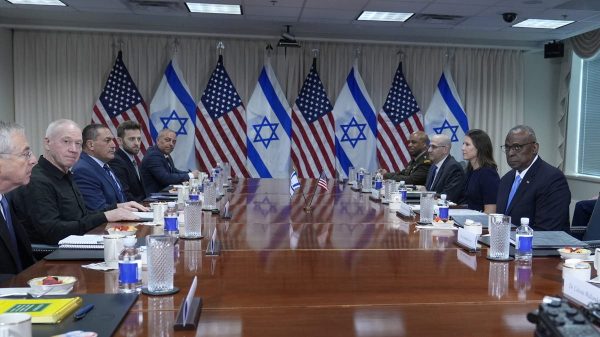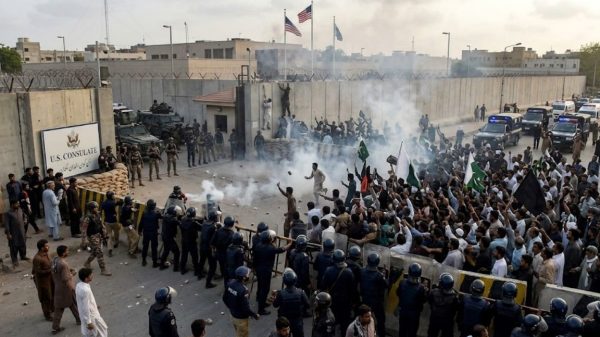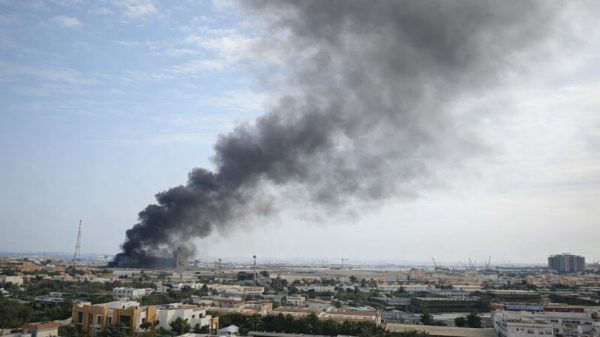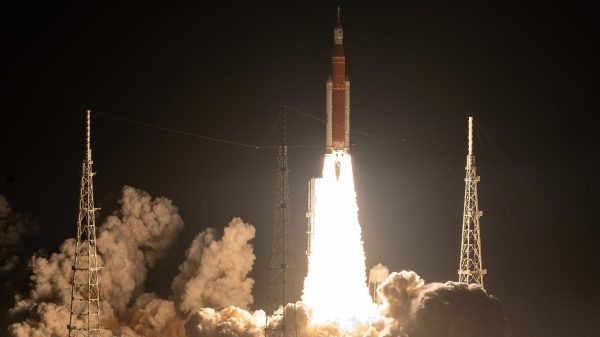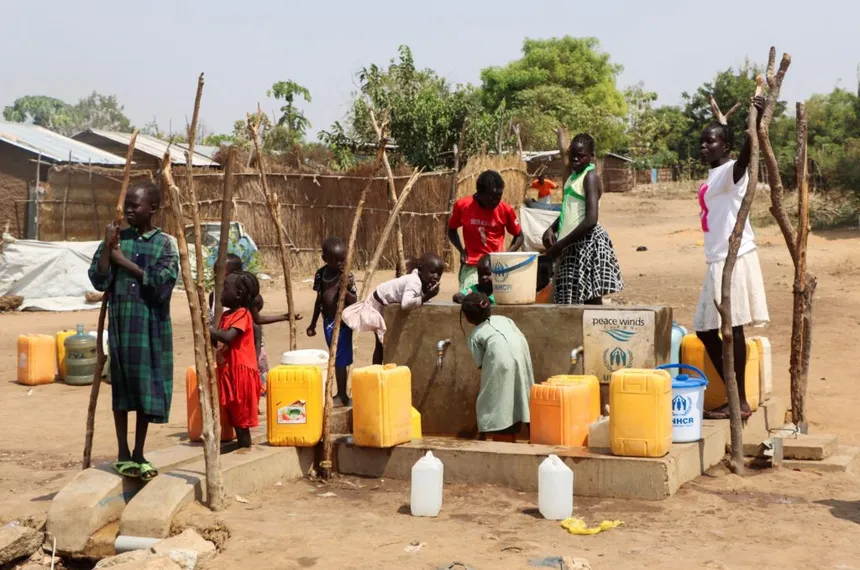Sudan has been embroiled in a violent power struggle since April 15th, leaving hundreds dead, over 100,000 displaced, and hundreds of thousands more reliant on international aid. The conflict is a result of months-long tension between the Sudanese army and the Rapid Support Forces (RSF), which together toppled a civilian government in a 2021 coup. The friction culminated in disagreements over a new transition plan that was due to be signed in early April, aiming to establish a civilian government.
The power struggle involves two main players: General Abdel Fattah al-Burhan, head of the army, and General Mohamed Hamdan Dagalo, the RSF leader. Burhan and Dagalo have been at odds over issues such as the RSF’s integration into the regular armed forces, chain of command, and civilian oversight. Both sides have blamed each other for provoking the violence, with the army accusing the RSF of illegal mobilization and the RSF claiming the army attempted to seize full power with Bashir loyalists.
The forces vying for power have different agendas, with Hemedti seeking to transform himself into a statesman and cement his position at the center of power. The Forces for Freedom and Change (FFC) coalition, which shares power with the military, has been vocal about the need to sideline Islamist-leaning Bashir loyalists and veterans who have regained a foothold following the coup. Pro-army rebel factions and Bashir loyalists, on the other hand, have opposed the transition plan.
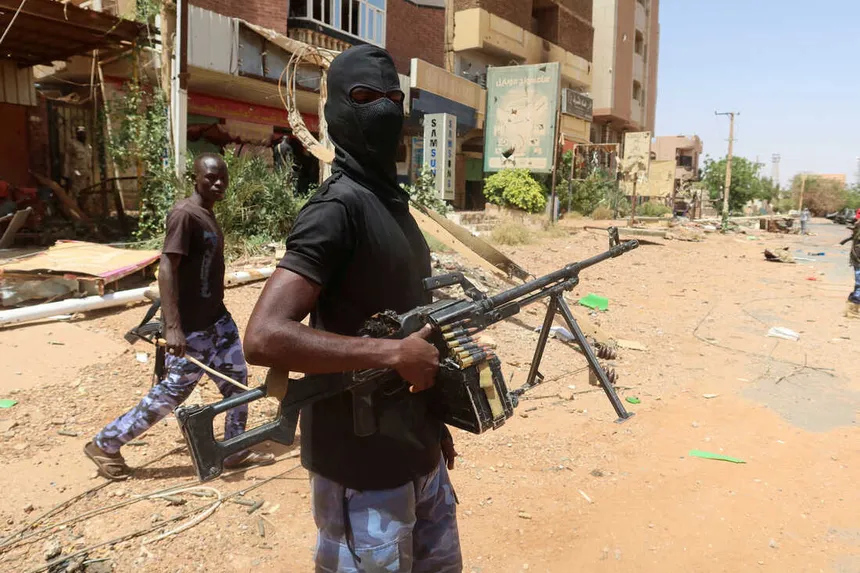
Sudan’s Power Struggle Sparks Humanitarian Crisis
The conflict has significant implications for the region and the world. It could destabilize Sudan, a volatile country bordering the Sahel, the Red Sea, and the Horn of Africa, and play into competition for influence in the region between Russia and the United States, as well as regional powers. The Saudi Arabia-led coalition has been seeking to shape events in Sudan, while Russia has been building a naval base on the Red Sea.
Egypt, ruled by military-backed President Abdel Fattah al-Sisi, has deep ties to Burhan and the army and recently promoted a parallel track of political negotiations through parties with stronger links to the army and Bashir’s former government. International actors have called for humanitarian ceasefires and a return to dialogue, but there have been few signs of compromise from the warring factions.
The humanitarian crisis is severe, with the UN estimating that about one-third of Sudan’s population, or 15 million people, needed aid before the fighting began. The conflict has led to mass displacement within Sudan and the surrounding regions, with tens of thousands fleeing to neighboring countries such as Egypt, Chad, and South Sudan. The ability of the international community to address this crisis and stabilize the situation is precarious, with the situation threatening to destabilize the entire region.

